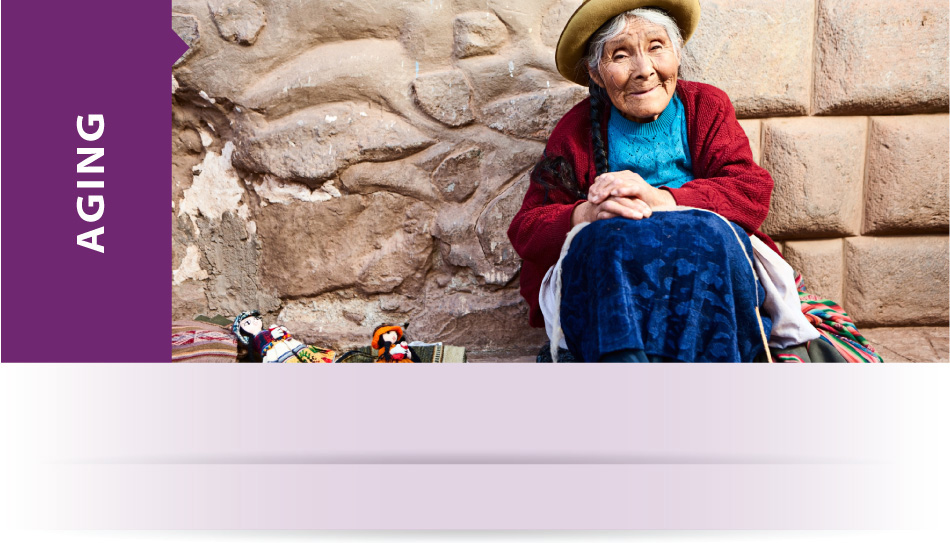Using Community-Based Participatory Research to Address Chinese Older Women’s Health Needs: Toward Sustainability (Chang, 2016)
Chang, E-Shien, Melissa A. Simon, and XinQi Dong, “Using Community-Based Participatory Research to Address Chinese Older Women’s Health Needs: Towards Sustainability,” Journal of Women and Aging 28, no.4 (June 2016), doi:dx.doi.org/10.1080/08952841.2014.950511
URL: www.tandfonline.com/doi/full/10.1080/08952841.2014.950511?scroll=top&needAccess=true
Abstract
Although community-based participatory research (CBPR) has been recognized as a useful approach for eliminating health disparities, less attention is given to how CBPR projects may address gender inequalities in health for immigrant older women. The goal of this article is to share culturally sensitive strategies and lessons learned from the PINE study—a population-based study of U.S. Chinese older adults that was strictly guided by the CBPR approach. Working with Chinese older women requires trust, respect, and understanding of their unique historical, social, and cultural positions. We also discuss implications for developing impact-driven research partnerships that meet the needs of this vulnerable population.
Chang et al. (2016) discuss cultural determinants of health and well-being amongst U.S. Chinese older women. Because Chinese older women often experience stark gender inequality, they are particularly vulnerable to distress related to psychological, social, and health factors. Growing in awareness and cultural sensitivity is an important step in respecting the health of women who are older.








